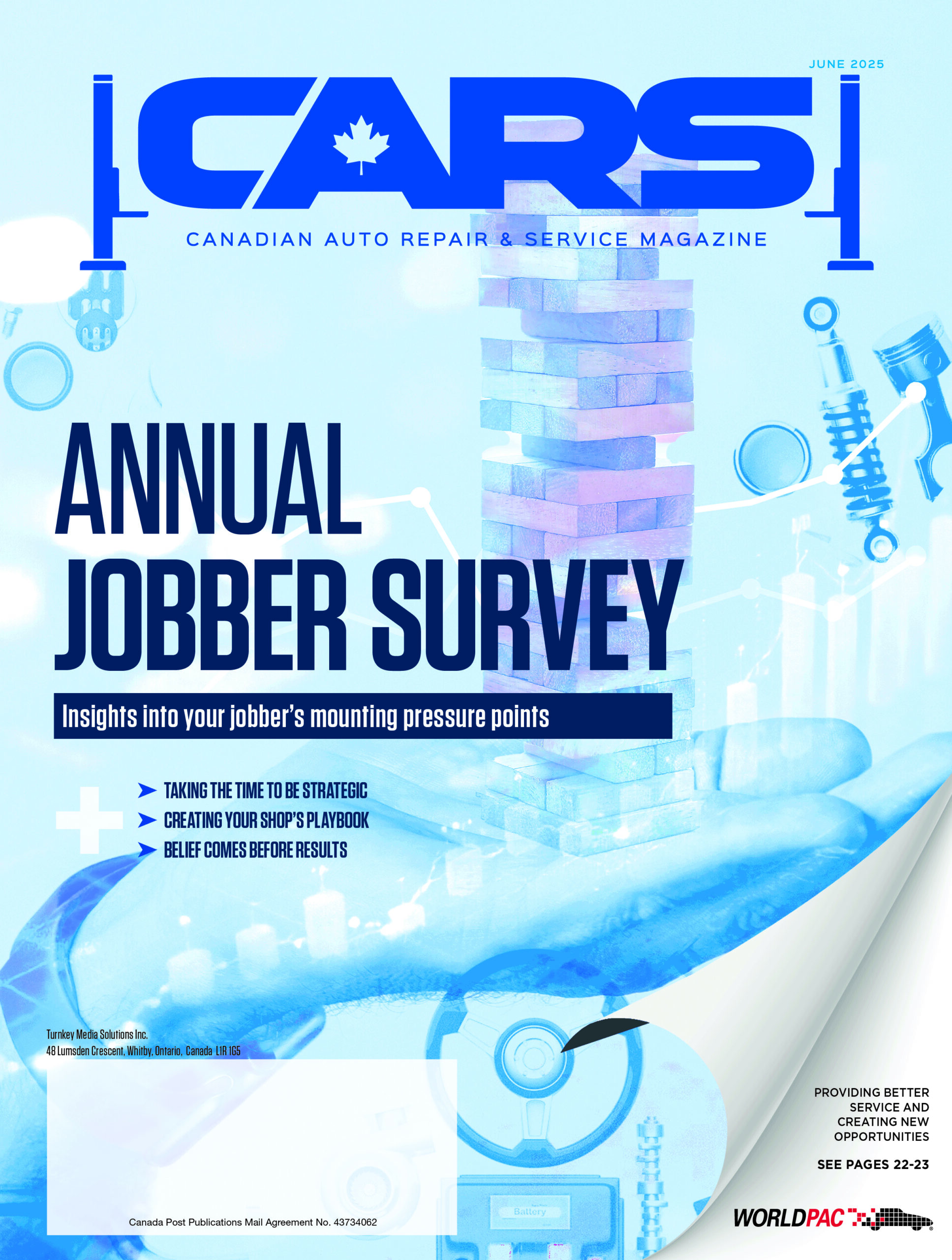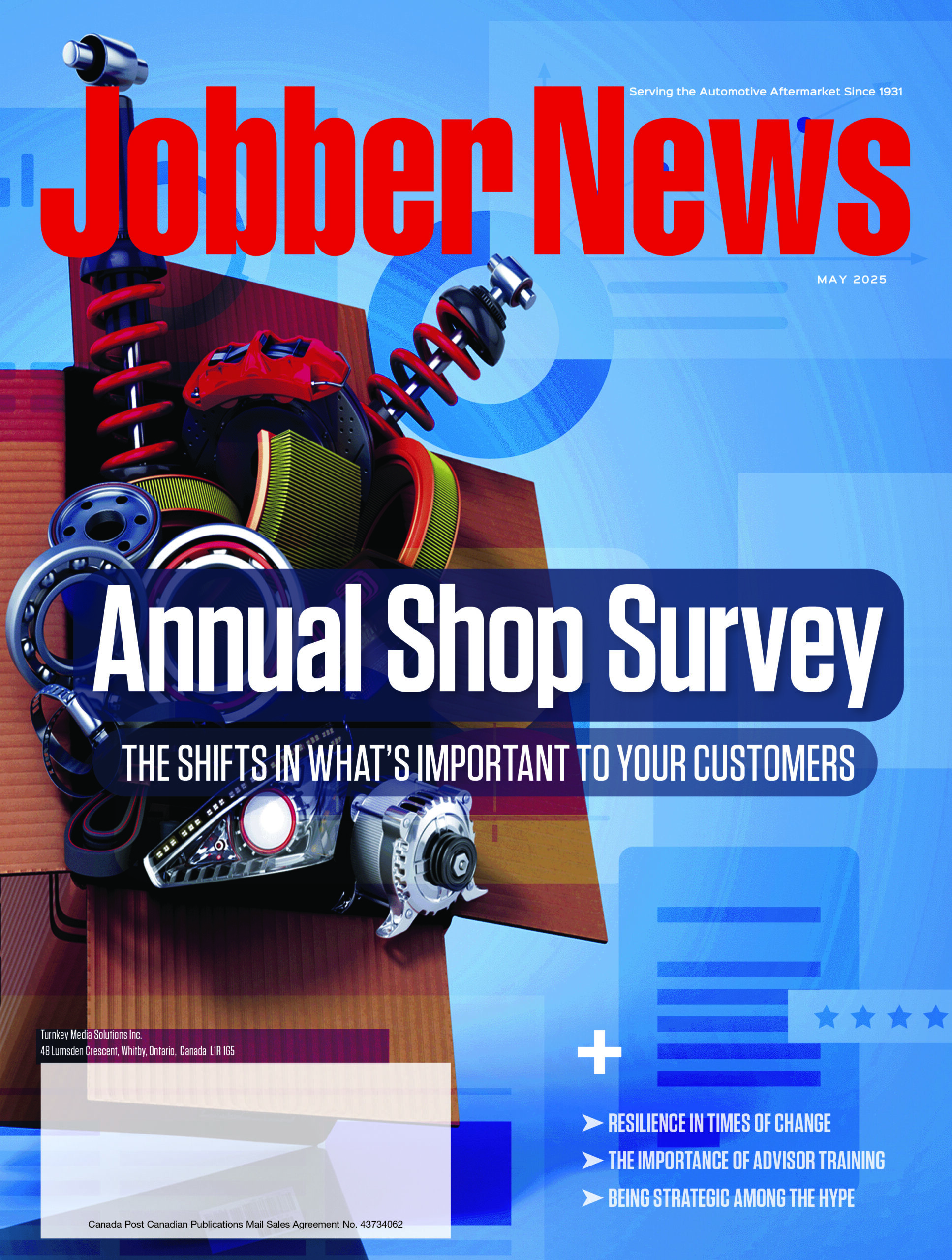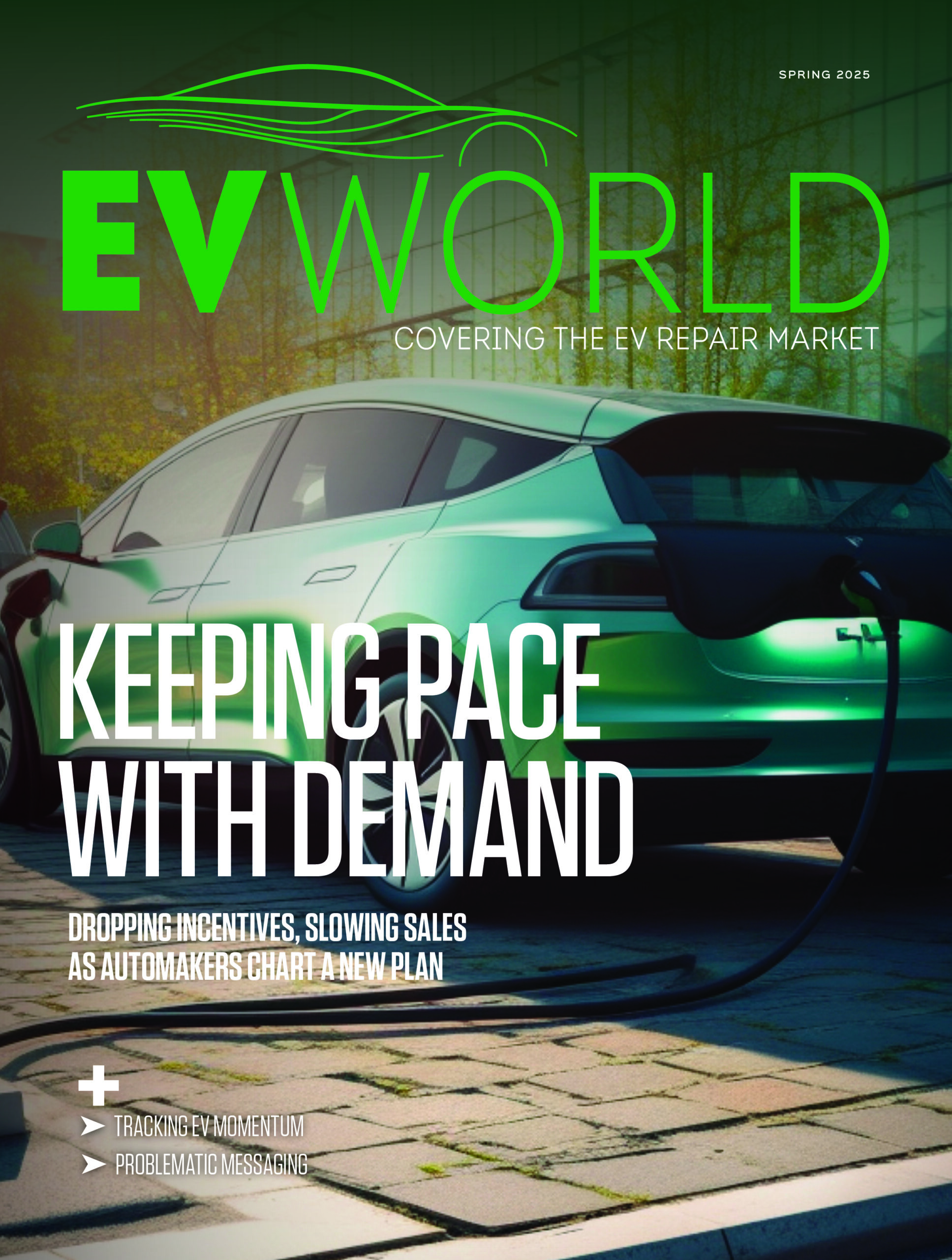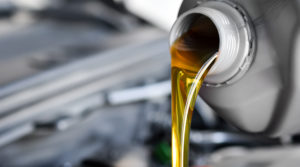
The collapse of the Francis Scott Key Bridge last month, and the subsequent closure of the Port of Baltimore, introduces a new challenge to the automotive supply chain, particularly affecting vehicle imports.
But ratings agency DBRS Morningstar isn’t concerned about its long-term effect on new vehicle supply, just as dealers were faring better in the area.
The bridge collapse poses a temporary hurdle for the automotive sector especially in terms of vehicle imports through the Port of Baltimore, it determined in a commentary released last week. However, the industry’s preparedness, coupled with strategic supply chain management practices developed in response to previous crises, leaved the industry positioned well to manage the current challenge effectively.
“Despite representing another strain in the automotive supply chain, given the moderate scale and limited geographic scope of the Bridge Collapse/Port closure, we expect the affected OEMs to readily absorb any resulting impact,” said Robert Streda, senior vice president of diversified industries at Morningstar DBRS.
Despite the Port of Baltimore’s significance as a major hub for passenger cars and light trucks —facilitating over 847,000 vehicle movements in 2023 — the automotive sector is anticipated to manage the disruptions smoothly. The port accounted for approximately 11 per cent of U.S. automotive imports last year, a manageable fraction in the broader context of the nation’s automotive import activities which are distributed across multiple ports, the agency said.
Rick Franza, professor in the Hull College of Business at Augusta University and an expert on operations and supply chain management, noted in a separate statement that that most foreign car manufacturers have plants in the United States. So the bridge’s collapse will likely only affect those consumers looking for a certain brand or even a specific model.
Automobile manufacturers have varied degrees of dependency on the Port of Baltimore. Companies like Volkswagen and Mercedes-Benz are among those most impacted, yet the overall effect across the industry is deemed manageable. These companies, along with others such as Toyota, Nissan, Ford, General Motors, and Stellantis, have expressed confidence in their ability to navigate the current situation without significant disruptions, DBRS reported.
The automotive industry’s resilience and adaptability have been significantly tested and proven in recent years, with experiences ranging from the COVID-19 pandemic to the global semiconductor shortage, the commentary observed. These challenges have honed OEMs’ strategies in supply base management and supplier relations, enhancing their ability to deal with current and future supply chain disruptions.












Leave a Reply